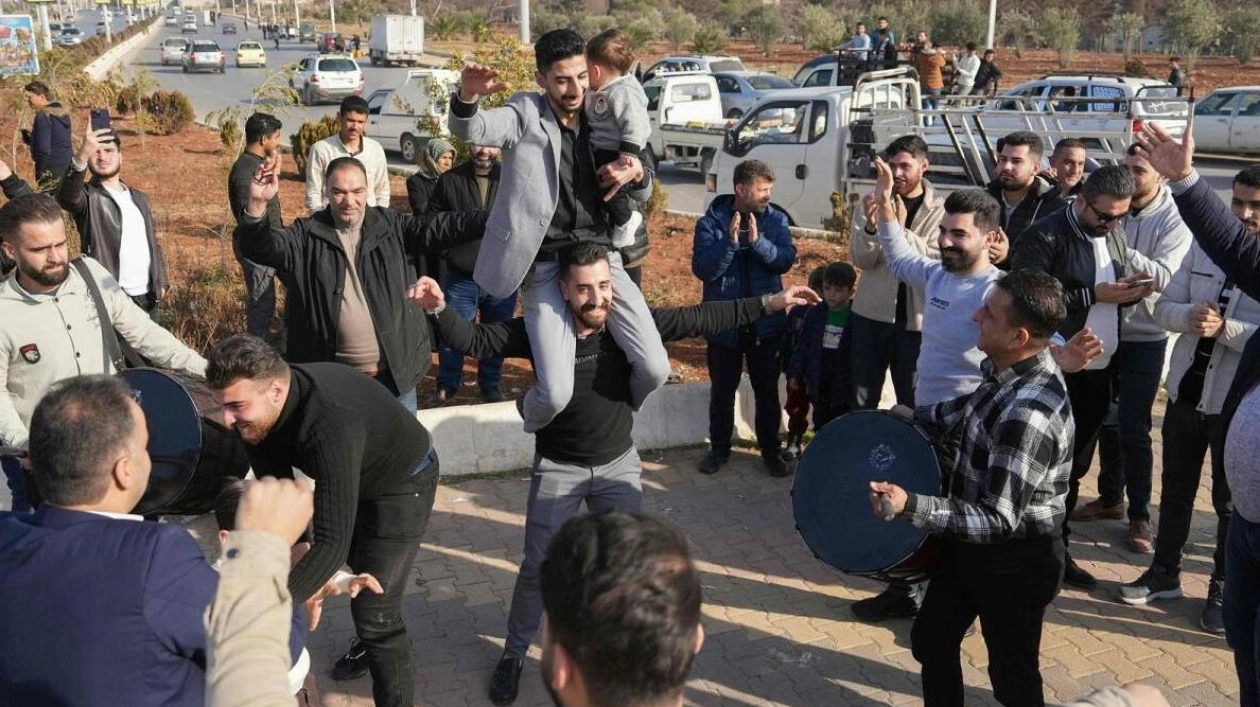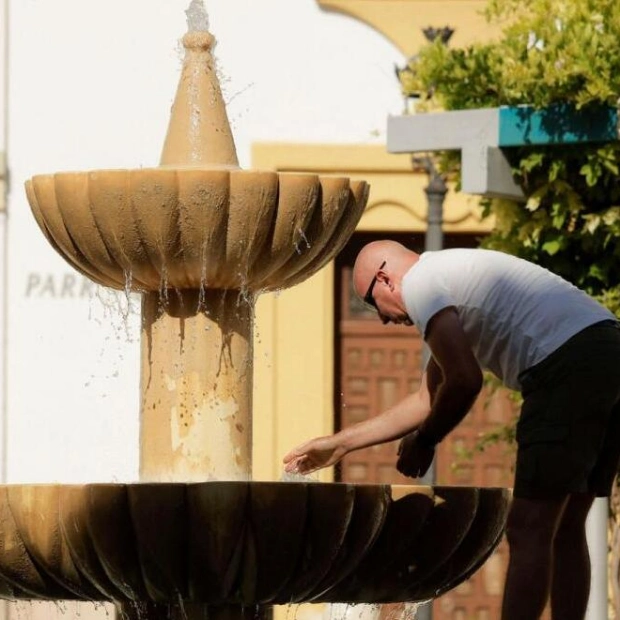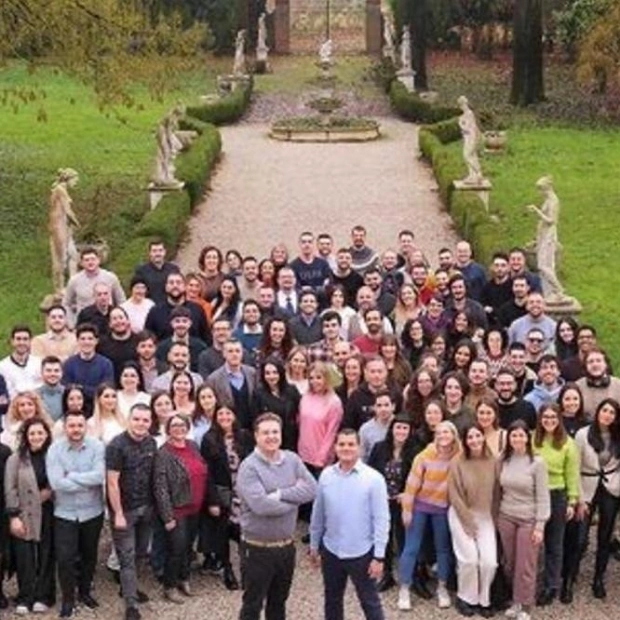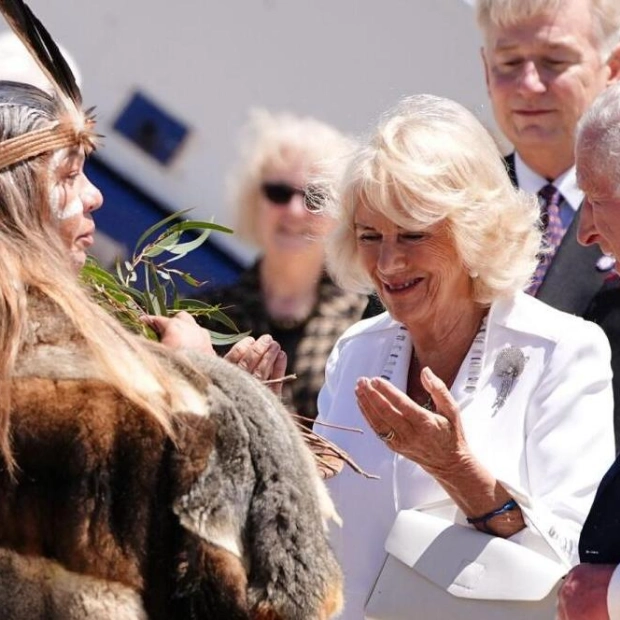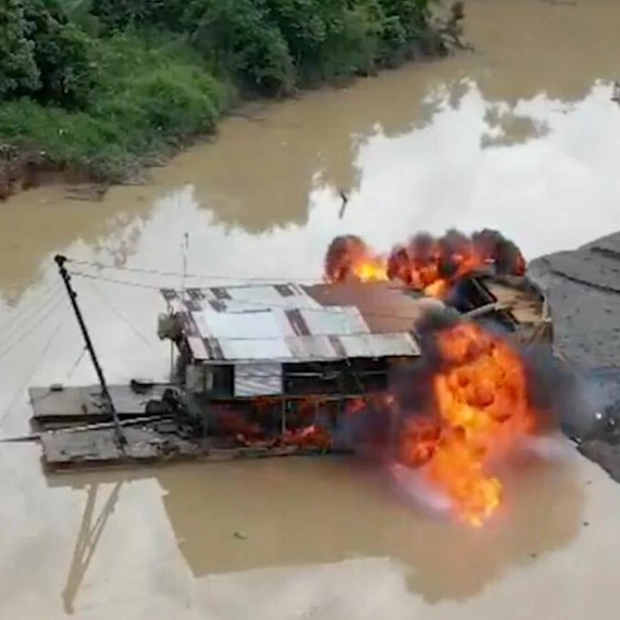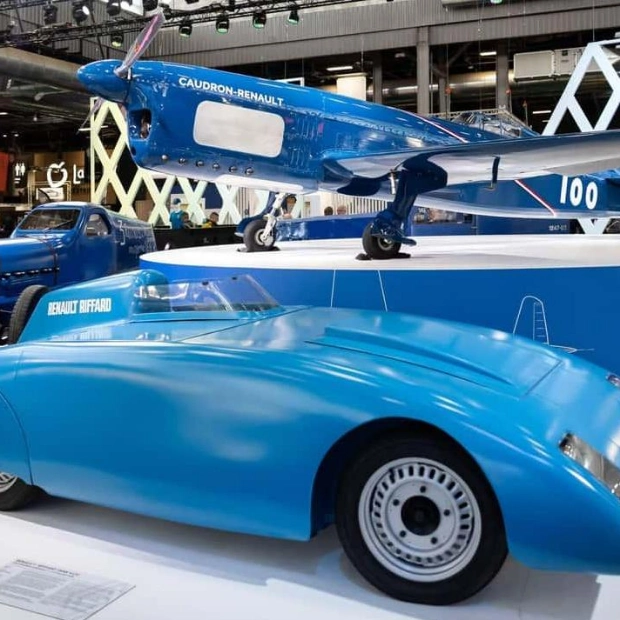On December 9, 2024, men recently released from prison danced at the entrance of Aleppo city, as people awaited the return of their relatives following the release of detainees from Syrian government prisons after the ousting of Syria's president. — AFP
As rebel forces took control of Damascus, Syrians rushed to the infamous Saydnaya prison, desperate for news of their loved ones who disappeared during Bashar Al Assad's rule. 'I am waiting in the hope that one of my relatives will be found,' said 25-year-old Youssef Matar, who had been camped outside the feared Y-shaped prison since Sunday. He mentioned that 10 of his family members were arrested 'for no reason, just because we are from Daraya,' a Damascus suburb crucial to the 2011 uprising. 'I'm going to stay until I know if they're dead or alive.'
The liberation of the prison occurred shortly after Islamist group Hayat Tahrir al-Sham and its allies seized Damascus on Sunday, forcing Assad to flee after over 13 years of war. Thousands gathered at Saydnaya, a grim symbol of the regime's atrocities, with a line of cars stretching over seven kilometers (4.4 miles) the next day. Some walked for hours to reach the hill where the notorious building stands, climbing over the sand barricades surrounding it. On Monday night, families huddled around campfires outside, enduring the cold as they waited.
Since the 2011 uprising that ignited the war, more than 100,000 people have perished in Syrian prisons, often under torture, according to an estimate from the Syrian Observatory for Human Rights in 2022. The Britain-based war monitor also reported that about 30,000 people had been detained at Saydnaya, where detainees suffered some of the worst torture, with only 6,000 released. Social media videos showed dozens of emaciated men emerging from the dark holding cells, some too weak to walk and carried out by fellow inmates. Hundreds of family members entered the prison through its narrow doors. Those unable to find their loved ones searched through scattered documents on the ground for their names.
'I'm looking for my brother, who has been missing since 2013. We've looked everywhere for him, we think he's here, in Saydnaya,' said Umm Walid, 52, who declined to give her full name. 'Since Bashar is gone, I'm optimistic. The fear is over,' she added. Many still believe their relatives are in secret underground dungeons. The White Helmets, a rescue organization, said they were searching for 'hidden underground cells', before announcing on Tuesday the end of search operations at Saydnaya without finding further detainees.
Amnesty International has labeled Saydnaya a 'human slaughterhouse', documenting thousands of executions in the prison. The London-based rights group stated that the prison was designed to 'exterminate' inmates. Mohammad al-Jabi, 40, was searching for four of his relatives at the facility. 'They were all arrested on terrorism charges, including my nephew, who was 14 at the time,' he said. 'They took them from their homes and we visited them once. Then they told us they were dead and asked for their ID cards,' he added. But 'they didn't give us any proof, and we still hope they are alive.'
Most of the detainees who had not been released were officially considered missing, with death certificates rarely reaching their families unless exorbitant bribes were paid, a reflection of widespread corruption. Khaled Attieh, 55, was searching for his brother, who had been held in the prison since 2012. 'We came to visit him. He was alive,' he said. That was six years ago.
Source link: https://www.khaleejtimes.com
